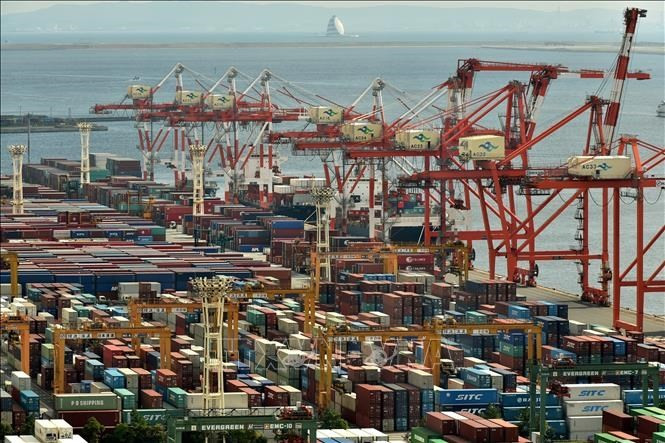Japan’s Ministry of Economy, Trade and Industry announced that the country will restore its preferential status to the RoK, after the removal in 2019, related to the purchase of products that were believed to be used for military purposes. In March, Japan also lifted export restrictions to the RoK on three strategic materials, including fluorinated polyimide, photoresist and hydrogen fluoride, for the production of semiconductors and displays.
Japan’s exclusion of the RoK from its “white list” of trusted trading partners, comes as relations between the two countries have dropped to a multi-decade low, over wartime history issues. However, relations between the two East Asian neighbours are showing signs of improvement, with RoK President Yoon Suk Yeol expressing his determination to push for enhanced relations with Japan, since he took office almost a year ago.
Previously, on April 24, the RoK government put Japan back on the “white list” of reliable trading partners, after more than three years of hiatus through the revisions to the list of exports and imports of strategic commodities by the RoK Ministry of Trade, Industry and Energy.
Accordingly, the RoK restored the export of items related to Japan, allowing companies exporting strategic items to Japan to enjoy priority rules during the review and simpler paperwork. With the designation of Japan back to the “white list”, the export license review period for domestic companies exporting strategic materials to Japan is reduced from 15 days to 5 days, and the number of required documents is reduced to three from five.
With the above decision of Seoul, Japan will be among the 29 countries enjoying preferential status in trade with the RoK along with the US, France and the UK. In 2019, the RoK removed Japan from its “white list” after Tokyo took a similar move against Seoul to protest the Korean Supreme Court ruling, that ordered Japanese companies to compensate victims of forced labour during the second world war.
The above announcements and specific actions are the latest moves to improve bilateral economic and diplomatic relations, following the high-level meeting between the RoK President and the Japanese Prime Minister in March 2023. During this meeting, the leaders of the two East Asian countries confirmed that the two sides will maintain close communication in dealing with challenges.
Then, in mid-April 2023 in Seoul, the RoK and Japan resumed working-level security consultations, which were suspended since 2018, to strengthen bilateral security cooperation. Senior officials from the Ministries of Foreign Affairs and Defence of the two countries also agreed to strengthen coordination with the US, in sharing information on political security to deal with threats to each other’s security.
Bilateral security consultations were suspended in 2018 after the RoK’s Supreme Court ordered Japanese companies to compensate the RoK victims of forced labour during wartime.
However, bilateral relations warmed up after the RoK announced a plan to compensate victims of wartime forced labour through a fund contributed by RoK private enterprises, instead of asking for compensation from relevant Japanese companies.
Analysts said that Japan and the RoK’s move to get closer together is good news for businesses and people of the two East Asian countries, contributing to maintaining peace, stability and security in the region and the world.
















